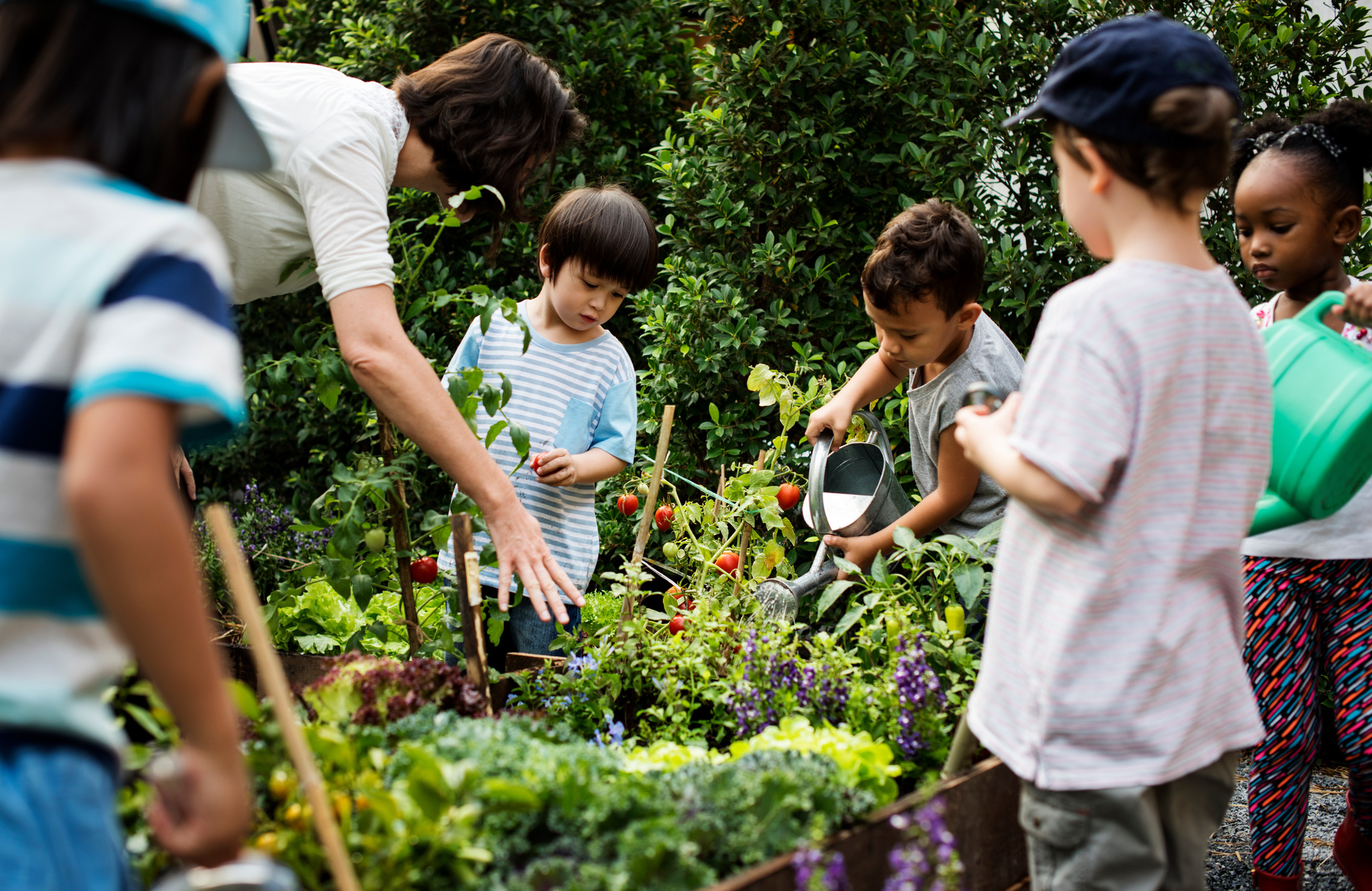Holistic Growth: Early Years Learning's Role In Well-Rounded Kids
Oct 20, 2023 12:31

The early years of a child's life are pivotal in shaping their future. This developmental phase lays the groundwork for emotional well-being, cognitive function, and social skills. Holistic growth goes beyond academic prowess, encompassing physical, emotional, intellectual, and social development.
This article aims to delve into how early years learning plays a critical role in cultivating well-rounded individuals. Through comprehensive insights, we will explore effective strategies and the importance of an all-encompassing approach to early education.
Importance Of Early Years Learning
The significance of early years learning in a child's life cannot be overstated. Serving as the foundation for lifelong development, this period is instrumental in shaping various facets of a child's persona. Numerous studies back the immense impact of early learning on both cognitive and non-cognitive outcomes. In fact, an approach based on a well-designed early years learning framework has proven effective in fostering well-rounded development.
Research in the realm of early education consistently demonstrates its long-term benefits. Studies reveal that children exposed to quality early learning environments are more likely to excel in school and beyond. These findings are not just limited to academic success, but also extend to better emotional and social skills.
Moreover, neuroscience findings offer compelling evidence in this context. Brain imaging studies show that quality early education contributes to brain plasticity. This increased flexibility in brain function leads to improved learning capabilities, emotional intelligence, and social skills.
Key Areas In Early Years Learning For Holistic Growth
Achieving holistic growth in children involves a multi-faceted approach that covers several key domains. Each of these areas is essential, as they collectively contribute to creating well-rounded individuals.
1. Physical Development
The development of gross motor skills includes activities that engage large muscle groups. These could be activities like jumping, running, or climbing. Fine motor skills, on the other hand, are honed through tasks requiring precision, like coloring or cutting. Both sets of skills are vital for physical coordination and lay the groundwork for future tasks, such as handwriting.
The benefits of regular physical activity go beyond immediate physical prowess. They contribute to overall health, enhance mood, and are effective stress management tools for young children.
2. Emotional Development
Developing emotional intelligence involves teaching children to recognize and manage their emotions. Activities that encourage kids to name their feelings, or storytime sessions that explore emotions, can be invaluable. Self-regulation skills help children control their impulses and are generally taught through structured activities and routines.
In this journey, the role of care providers and educators is paramount. They provide emotional security, model proper emotional reactions, and set healthy boundaries.
3. Intellectual Development
At this stage, kids begin to develop basic cognitive skills such as memory, attention, and problem-solving. Games that involve identifying patterns or solving puzzles can be particularly effective.
Encouraging curiosity and exploration is equally important. This can be done through nature walks, music lessons, or science experiments. These activities don't just satisfy immediate curiosity; they also cultivate an enduring love for learning and inquiry.
4. Social Development
The foundational social skills are often learned during the early years. These include basic conversational abilities and understanding social cues.
Kids also begin to learn more complex skills like empathy and teamwork during group activities. Role-playing games, team-based projects, and other cooperative tasks offer valuable social interaction experiences. These activities allow children to practice sharing, understand the value of collaboration, and develop a sense of community.
The key areas mentioned provide a comprehensive path to holistic growth. By giving due attention to each of these aspects in the early years learning framework, we can maximize the potential for cultivating well-rounded individuals.
Strategies For Holistic Growth In Early Years Learning
Implementing holistic growth in early years learning requires concerted efforts across various domains.
• Curriculum Design
Taking an interdisciplinary approach is beneficial. For instance, integrating science with art can make both subjects more engaging. It also shows kids how different fields can interrelate, expanding their view of the world.
Play-based learning is another vital element. Activities like role-playing or building blocks serve dual purposes. They entertain while also fostering critical thinking and creativity.
• Parental Involvement
The role of parents is essential yet often underestimated. Close collaboration between parents and teachers can reveal insights into a child's behavior and needs.
Parents can also extend learning beyond the classroom. Simple activities like cooking together can teach measurements and following instructions. Reading before bed can improve vocabulary and instill a love for books.
• Community Support
The broader community also plays a role in a child's growth. Neighbors, peers, and local organizations can all contribute. Programs like community gardening can teach responsibility and the value of teamwork.
A supportive environment where learning is encouraged can have a significant impact. It makes children feel safe to explore and grow.
The synergy of an enriching curriculum, engaged parents, and a supportive community paves the way for well-rounded development in children.

Conclusion
The influence of early years learning in nurturing holistic growth is unmistakable. It shapes children in profound ways, setting them on a path to becoming emotionally intelligent, intellectually curious, physically active, and socially adept individuals. This isn't just an educational priority but a societal imperative.
Parents and educators, your roles are pivotal. The time to act is now. Dive into research, engage with your community, and develop curricula that cater to all facets of a child's being. Let's make the commitment to guide the next generation toward a future where they're not just surviving, but truly thriving.







































































